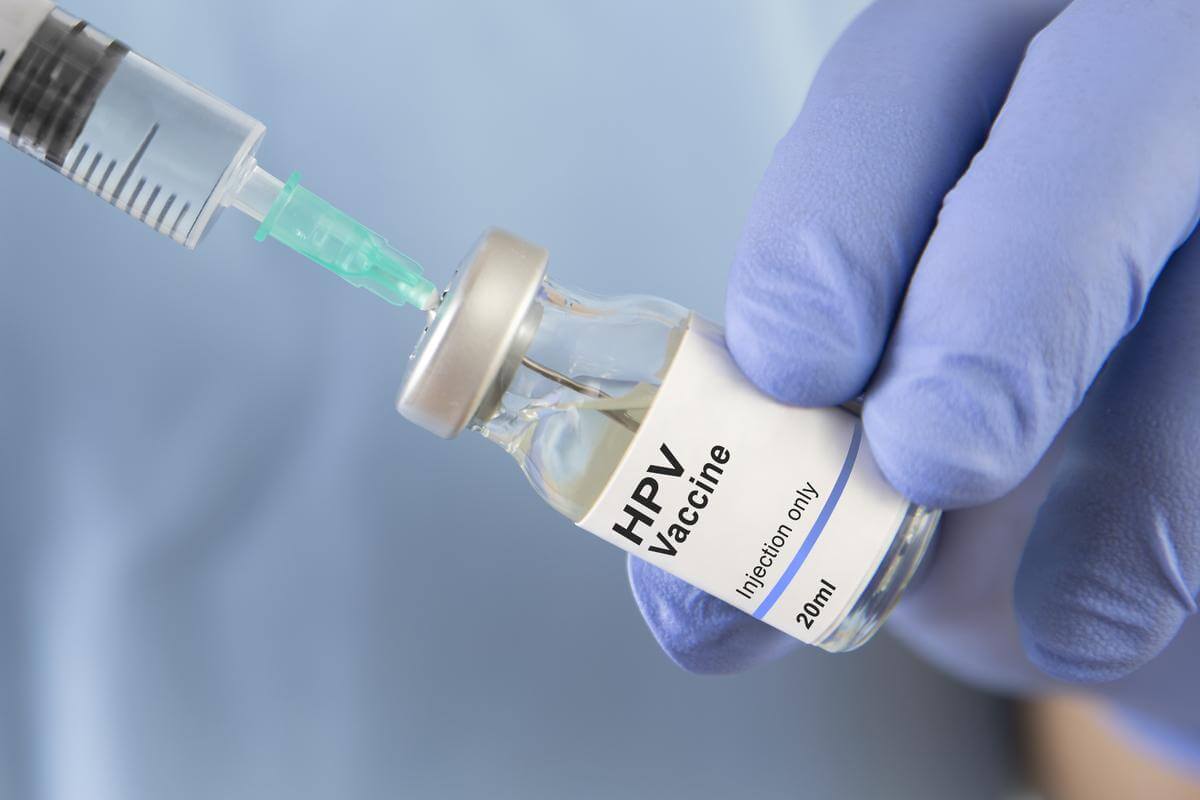Drug used to prevent preterm births may up risk of diabetes
Wed 15 Mar 2017, 23:30:22

Beware would-be-mommies! A drug commonly prescribed to pregnant women with a history of delivering premature babies provides no benefit, in fact, it may increase the risk of developing gestational diabetes.
The study was published online in the Journal of Obstetrics and Gynecology.
"Premature" is defined as an infant born before or at 35 weeks gestation instead of the average of 40 weeks.
"Our study showed the drug to be ineffective, and it has a side effect," said study author Dr David Nelson in UT Southwestern Medical Center in Texas, United States.
They analysed 430 pregnant women and offered them with the drug 17-alpha hydroxyprogesterone caproate (17-OHPC) if they had a prior history of premature births and were carrying a single fetus from 2012 to
2016.
2016.
They then compared the premature birth rate of those women with the historical premature birth rate between 1988 and 2011 - women who also had a history of premature delivery but never took the drug.
The findings indicated that 25% of women had a premature birth even after they took the drug compared with a 16.8% preterm birth rate in the historical nondrug group.
In a second finding, the rate of gestational diabetes was 13.4% in women treated with 17-OHPC, compared with 8% in the historical group. Gestational diabetes often goes away after the birth, Dr Nelson said, and therefore is not usually a serious problem for the mother.
However, the women who had not been given the drug - had an unexpectedly high recurrent preterm birth rate of 55%.
No Comments For This Post, Be first to write a Comment.
Most viewed from Health
AIMIM News
Latest Urdu News
Most Viewed
May 26, 2020
Should there be an India-Pakistan cricket match or not?
Latest Videos View All
Like Us
Home
About Us
Advertise With Us
All Polls
Epaper Archives
Privacy Policy
Contact Us
Download Etemaad App
© 2026 Etemaad Daily News, All Rights Reserved.

























.jpg)
.jpg)
.jpg)


